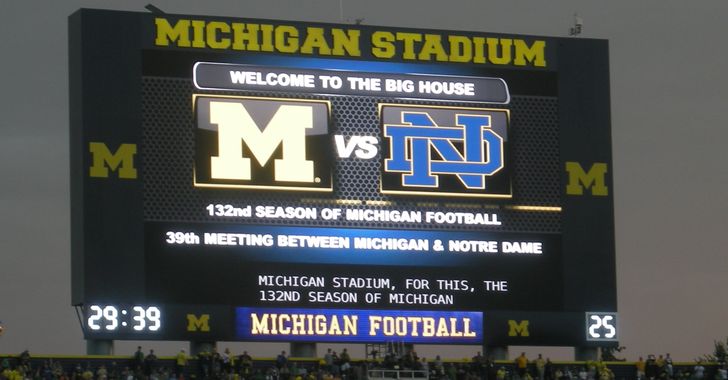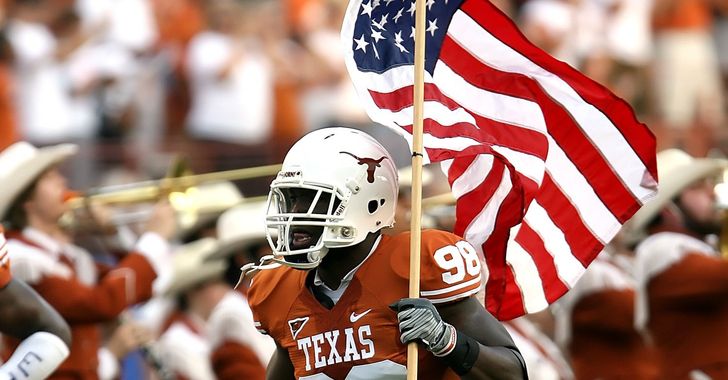President Trump made headlines this week when he falsely claimed that officials in Michigan and Nevada were mailing ballots to residents.
Michigan's secretary of state sent applications for mail-in ballots to registered voters while Nevada's secretary of state decided to send all registered voters a mail-in ballot for the state's primary in June. It's no coincidence that Trump targeted these two states in his latest attacks on vote-by-mail efforts during the coronavirus pandemic — Trump won Michigan by just 0.23 percentage points in the 2016 election. Michigan will be a key battleground state for Trump in 2020. Joe Biden's campaign is all-in on trying to wrangle the state's electoral votes come November. The same goes for Nevada which will also be an important battleground state in the upcoming election. Similar actions have been taken to expand vote-by-mail in Georgia, Texas, and Florida, but have resulted in litigation exacerbated by partisan bickering.
This all points to significant legal battles that will surround the 2020 election if the pandemic continues to hinder in-person voting come November.
Trump's attacks on the U.S. Postal Service are another method of undermining vote-by-mail initiatives.
The USPS has been hit hard by the pandemic and has already been in financial free-fall for some time now. In early May, Trump formally appointed loyal campaign donor Louis DeJoy as the postmaster general. DeJoy has no prior experience with the USPS and is inheriting a very fragile agency that could crumble before the end of the year. The USPS needs federal help, but Trump's administration opposed emergency funds for the agency in Congress' original stimulus bill. Instead the administration pushed for a loan from the Treasury Department, which Trump refuses to pay until the USPS meets a new set of demands (which would include a price hike on postage for packages).
The USPS will be integral to America's electoral framework if vote-by-mail is expanded against Trump's wishes. It's in Trump's interest to install a loyalist like DeJoy and to create hurdles to the agency's success by creating financial barriers to the postal service's operation. The President is currently using the financial struggles of the USPS to his political advantage during the worst global health crisis in over a century.
This is the latest in a string of attacks by the president on voter registration and vote-by-mail efforts ahead of the 2020 election.
Even though Donald Trump has cast absentee ballots for two elections in his newly-minted home state of Florida, the President continues to lambast mail-in ballots. He has called them "a very dangerous thing for this country" and has repeatedly falsely claimed that absentee voting results in higher instances of voter fraud. This fits into a larger pattern of voter disenfranchisement which has been an increasingly popular, yet extremely undemocratic, means of procuring power in red states where it creates lower turnout.
Donald Trump himself has acknowledged that Republicans are more likely to lose when there is higher voter turnout. Trump's newest declarations to withhold funding from states who mail ballots to registered voters might just be exactly what GOP operatives have been hoping for. The harder it is for people across the country to get a ballot, particularly in battleground states, the more likely it is that Donald Trump can win enough electoral college votes to stay in power for another four years.
During a global pandemic, in-person voting raises extreme public health concerns.
In Wisconsin, where legal challenges to vote-by-mail forced voters to go to the polls for the state's primary elections, at least 52 people who voted in-person or worked at the polls contracted COVID-19. The President's attacks on expanding vote-by-mail are then not only dangerous to the democratic framework of our country, but also to the nation's public health. Putting his own political interests for re-election ahead of plans to save the lives of Americans during a global pandemic perfectly reflects Donald Trump's priorities.
Spoiler alert: his loyalties do not lie with the American voter.







 Photo by
Photo by 









































